
Don’t wait, anticipate - using the Start Fund to act early
Start Network’s Luke Caley discusses the progress of the Start Fund Crisis Anticipation Window, one year on from its launch.

Start Network’s Luke Caley discusses the progress of the Start Fund Crisis Anticipation Window, one year on from its launch.
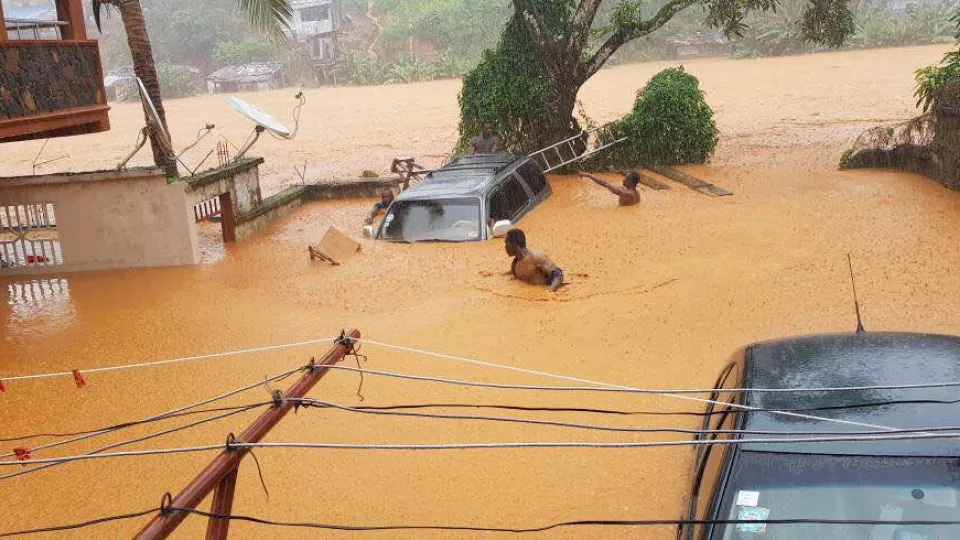
Start Network's Sarah Klasson looks inside the 'black box' of the Crisis Anticipation Window, to see how we can learn from the failure to act early before crises hit this summer.
Start Network's Luke Caley sets out a vision for early action in humanitarian crises, and the platform that could provide the capability needed to take it to scale.
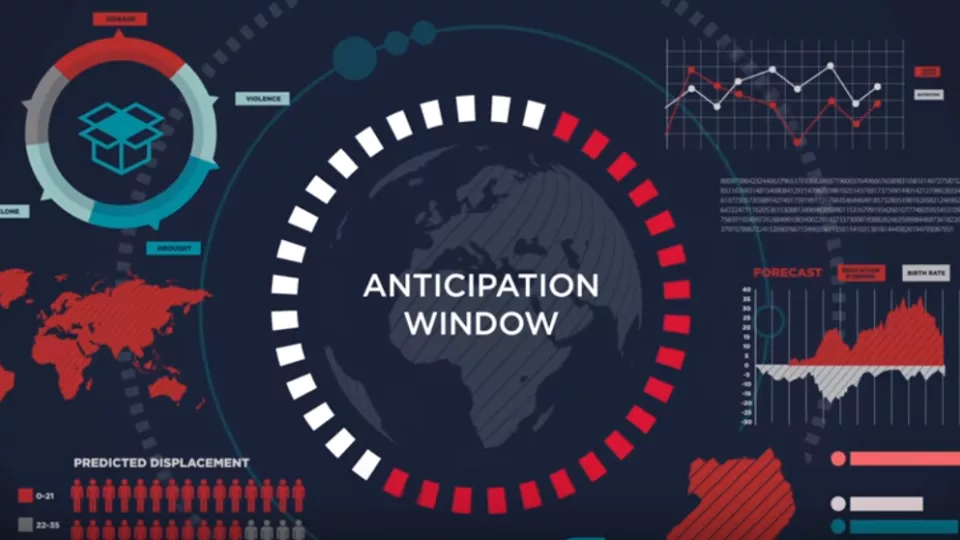
More members are using the Start Fund to act early, but we are still a long way from a risk-informed, proactive aid system. Start Network’s Luke Caley reflects on what we’ve learned so far and discusses the potential shape of things to come.
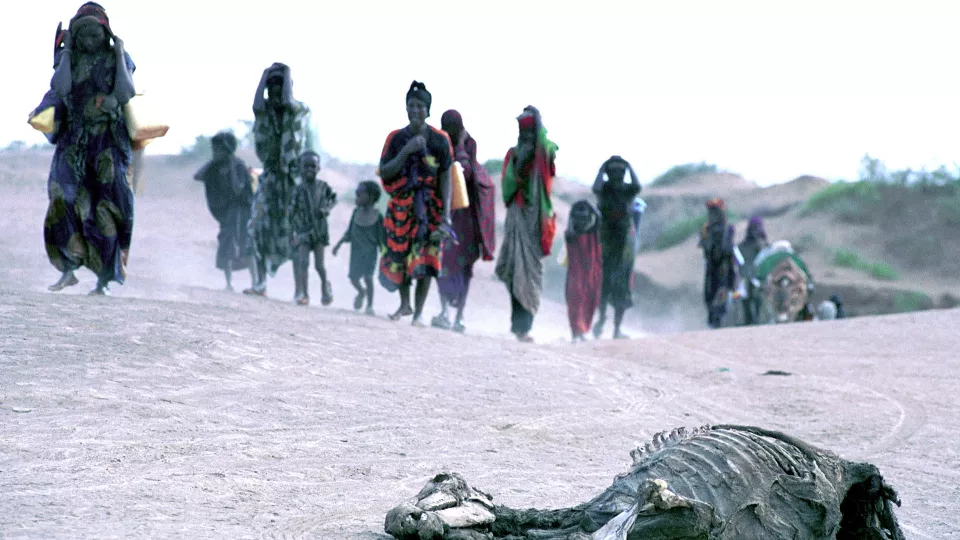
Crisis Anticipation Adviser Luke Caley talks to the Guardian about the value of early response and the Start Network's efforts to shift humanitarian action from reactive to anticipatory.
Start Network's Luke Caley looks at how the Start Fund has learned to anticipate - and what's coming next
Jan Egeland and Courtenay Cabot have co-authored an article discussing the cost of late action and the benefits of acting earlier in humanitarian crises.
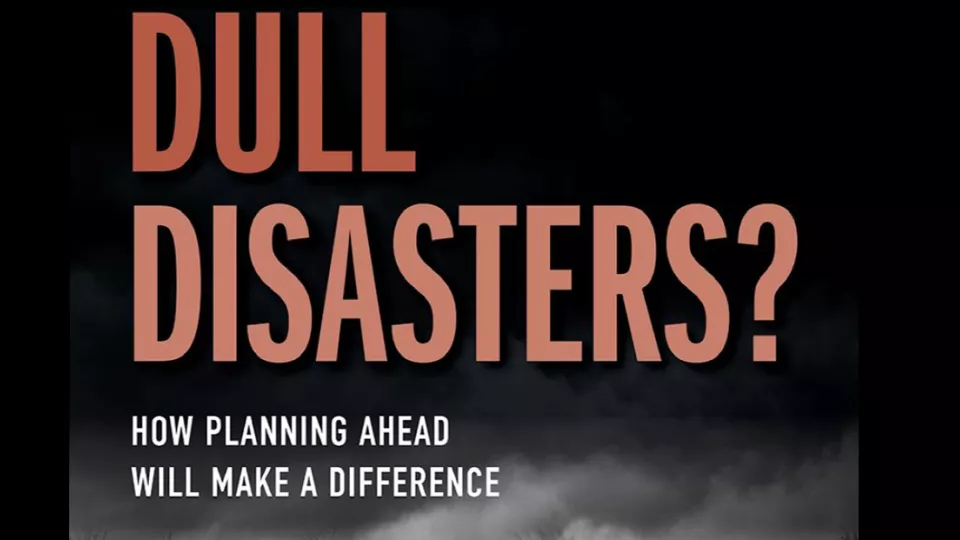
Response to disasters should involve careful risk management, rather than the current emotional, headline-grabbing state of affairs. This is what the authors of a new book ‘Dull Disasters’ are advocating for.
The Start Network's Sean Lowrie tells world leaders attending the COP21 climate change conference in Paris how we can create a preventative economy that stops climate change risks turning into humanitarian crises.
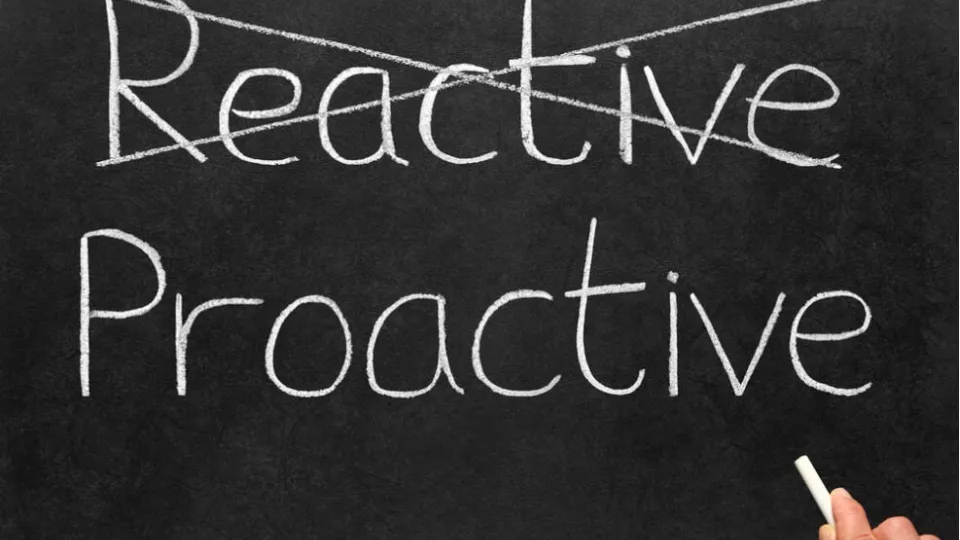
What are we aiming for in 2015?